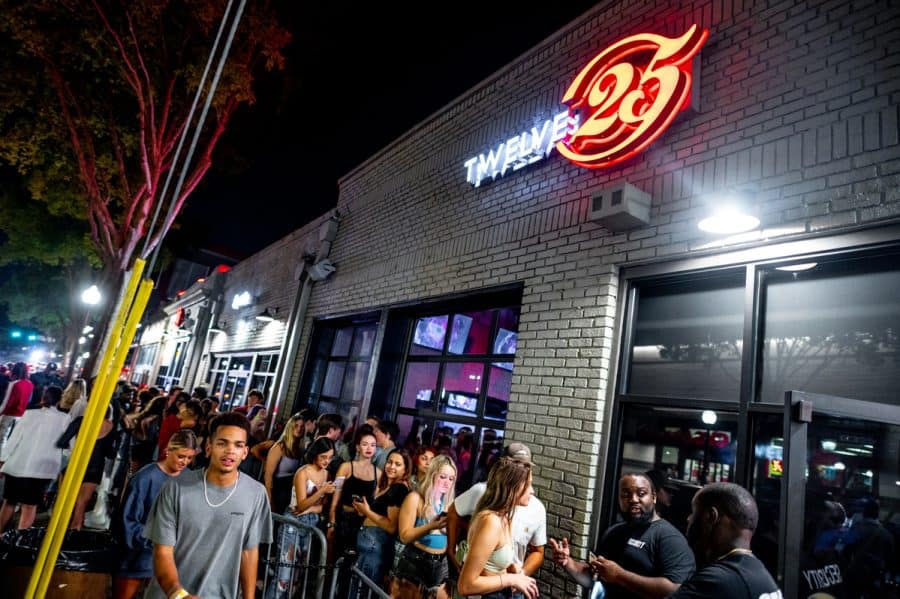Opinion | Tuscaloosa’s Overcrowding Guidelines May Accelerate the Problem
September 28, 2022
With football season in full swing, Tuscaloosa is at its peak. While it creates perfect consumer conditions for flocks of fans, businesses are left dealing with crowds of patrons that exceed their occupancy limits.
On Sept. 16, City Attorney Scott Holmes issued a letter to Tuscaloosa’s businesses stating that this level of overcrowding is illegal.
For businesses with alcoholic beverage licenses, this means that the Tuscaloosa Police Department and fire officials can cease a business’s activity for up to 24 hours.
While overcrowding needs to be solved, Holmes is attempting to enforce this in an overly harsh manner. Blaming employees that have no say in the matter and instating a “zero-tolerance” policy could spell disaster.
“Tuscaloosa police will begin arresting business owners, managers or staff deemed to be responsible for the overcrowding,” Holmes said. “Please make sure your occupancy counts are accurate, and remember that your staff members must be included in that count.
This leads to the frightening possibility that workers like bouncers will get charged for following their bosses’ orders. Even if the employees are made aware of this possibility, they are put in the situation of angering either the city or their employer.
The letter does not state what businesses have been in violation of this rule despite Holmes claiming that the police and fire rescue “already dealt with multiple businesses exceeding their occupancy limits.”
There is also no clear view on what Holmes’ rules mean since he does not say what charges he would bring against those arrested and has declined to interview with news stations asking for clarification.
Holmes includes in the letter, “Please help us keep our city safe.” A great sentiment, but his letter merely serves as a scare tactic with brutal yet empty promises.
This is not the first time concerns of overcrowding have been raised among Tuscaloosa’s city leaders.
In May, Councilman Lee Busby met with law enforcement and bar owners after A-Day game crowds caused problems with the police. Their main issue was not the people inside the bars, but rather the lines on the sidewalks extending to the streets.
Busby’s solution was a possible queuing permit for businesses to use city right-of-ways. This queuing ordinance was passed in early August and requires businesses to get a permit to allow lines on the sidewalks between 11 p.m. and 6 a.m.
A main part of the restrictions would be cutting off a line if it reaches the building’s property borders. Unlike Holmes, Tuscaloosa Police Chief Brent Blankley clarified that there is an understanding within this rule.
“It’s not going to be one of those things that we walk out there and your line is five people over, so hey, here’s your citation … We can tell a difference between someone trying to do it and someone who is going ‘it’s not our problem,'” Blankley stated.
The issue with overcrowding is that attempting to solve it simply shifts the problem. No business wants to actively drive patrons away. Solving overcrowding in the streets leads to businesses pushing more people into the buildings, and solving overcrowding in the building leads to putting more people in the lines outside.
This problem must be solved collaboratively. City attorneys like Scott Holmes cannot make declarations on how they are going to fix the overcrowding problem without offering real solutions that have been made by the Tuscaloosa Police Department and the City Council’s Public Safety Committee.
With clear rules and the proper accountability, enforcing overcrowding guidelines onto businesses could benefit the city greatly. Holmes’ recent letter has only created frustration and confusion, leaving Tuscaloosa game days no safer than before.




















